Stellantis Ventures invests in Tiamat’s sodium-ion battery technology – Charged EVs
Baua Electric
MARCH 7, 2024
Stellantis Ventures has made a strategic investment in France-based sodium-ion battery developer Tiamat. Tiamat says its sodium-ion technology is lithium- and cobalt-free and cheaper per kilowatt hour (kWh) when compared with lithium-ion batteries.

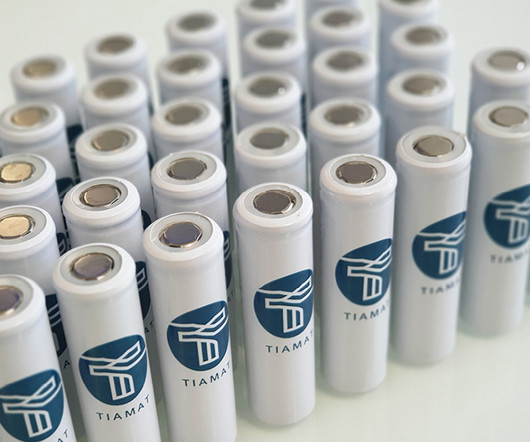




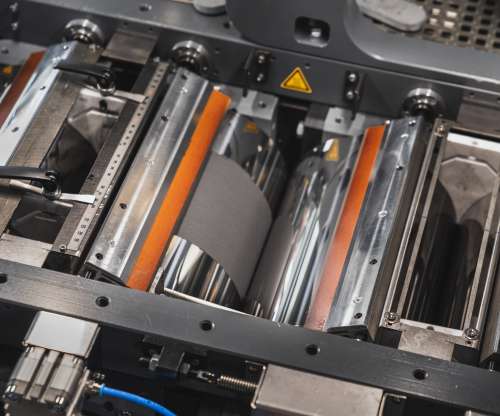


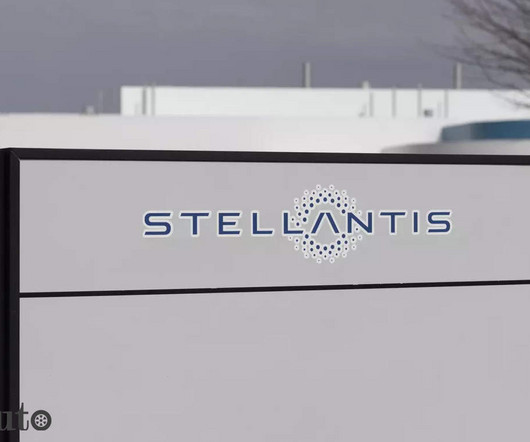

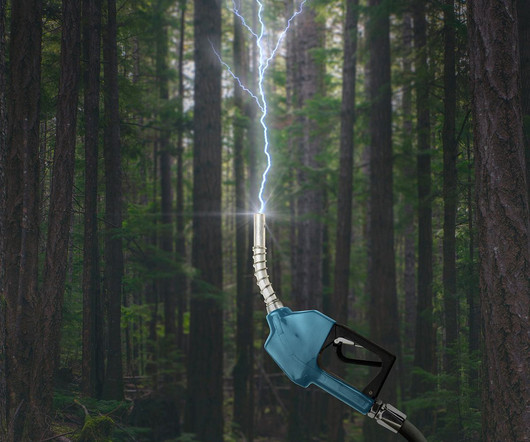


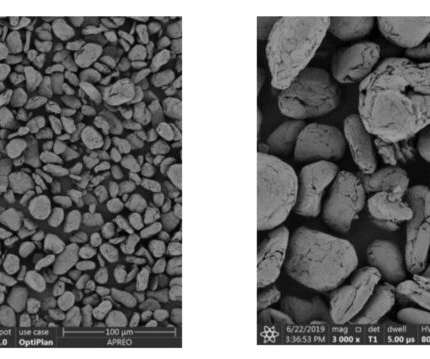
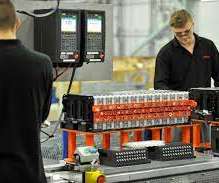
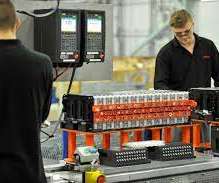






Let's personalize your content